By Kevin J. Phyland
The sky blinked.
At least that's how it had appeared to me. I nudged Pietro sitting next to me in the van.
“Did you see that?”
“What?” he muttered. He was calibrating a light meter for ambient starlight and seemed distracted.
“I thought I saw a flash,” I said. “Well. Not a flash exactly. Sort of like the opposite.”
He looked up from the data probe and looked at me. “What's the opposite of a flash?”
That turned out to be the question.
Later, back in the lab, we went over the data probe's readings and found the anomaly. For a period of time as short as the probe was capable of measuring, the sky went dark. No ambient starlight. More concerning was there was no background light from streets, houses, offices or anything else.
The Universe went dark for 0.0002 seconds.
Pietro and I mused over this at a bar later in the day. Spitballing hypotheses.
“I guess the easiest explanation is that the probe malfunctioned and I just thought I saw something,” I said. “Let's face it, it's a pretty small blip in the data.”
Pietro was nodding as though he agreed with me but he was frowning. That meant he heard me but wasn't convinced. Neither was I. We drank our beer and stared into the foam.
It wasn't until days later that the astronomical data started coming in. Somehow the scientific community had misplaced three rather bright stars. They just weren't there any more. Spectra gone. Constellations distorted. Instantly. Both Pietro and I knew that wasn't possible under the rules of physics we understood. Rules humans had spent millennia nutting out and predicting with.
Rules that now suddenly seemed more like rough guidelines.
One week. That's all it took for our Universe to become a most uncertain place. I mentioned to Pietro, jokingly, that our simulation was breaking down. Instead of laughing he nodded and pulled out some scribbled calculations he had made.
I looked at them briefly. Then looked at them in growing disbelief.
“Are these right?” I asked. My voice seemed to have gotten an octave higher. “I thought we had debunked the whole 'universe is a computer simulation' thing years ago?”
Pietro leaned back in his chair and stared at a point over my left shoulder. “Theoretically, it would take a computer the size of the Universe to emulate the Universe,” he said. “That sort of defeats the purpose. But if you only had to simulate the Universe from one person's point of view the amount of computation scales back enormously.”
“But there is more than one person in the Universe,” I argued.
“Yes,” he said, “but not from any one person's point of view. Without getting into solipsism, the Universe only exists for each person as they perceive it.”
This was getting a bit metaphysical. I tried to get my head around it.
“So what you're saying is that each person creates the Universe by observing it. It's some sort of shared delusion?”
Pietro was nodding again. I imagined a small version of him on the rear parcel shelf of my car like a physics bobblehead.
“Almost.” He paused. “More like each person's simulation interacts with each other's. Data is drawn from a bank of information and algorithms using the programmed physics are allowed to run.”
“And don't forget the Observer effect,” he added.
The Observer Effect is some weird quantum physics where events only occur when they are observed. Up until then you only have a probability of the event happening.
I thought about this. “So we don't need to simulate the entire Universe, just the Earth, and we don't even have to simulate each person. Until we need to.”
I scribbled on some paper towel. “So. It's doable. And at quantum scale it holds up. We can't detect 95% of the matter in our Universe because it isn't there. The physical rules just roll on as if it is. The amount of power to run the simulation must be enormous.”
I trailed off. Remnants of the Big Bang. Evidence of enormous power. Stars going out. The sky blinking.
I looked at Pietro. He looked at me.
“Yes,” he said. “The power is running down. Small subsystems are failing.”
“Does this mean our Universe just may switch off?” If I sounded scared it was because a million centipedes metaphorically crawled up my spine.
“At current computation speeds I figure the simulation has been running about a trillion times faster than life itself. So maybe the run is ending.”
“More like it's powering down. We should start seeing more of these reality flaws as the energy seeps away.”
He was assuming there was a consciousness directing this simulation. Billions of people spending trillions of dollars, thousands of years, and most of their lives worshipping... a computer programmer?
“It's a scary thought, Pietro,” I said, “to think that there is no longer a hand on the wheel.”
“No Karl,” he replied. “What's scary is that there may never have been a hand.”
Around us random objects started turning into pixels.
![]()
About the Author
Kevin J. Phyland
 Old enough to just remember the first manned Moon landing, Kevin was so impressed he made science his life.
Old enough to just remember the first manned Moon landing, Kevin was so impressed he made science his life.
Retired now from teaching he amuses himself by reading, writing, following his love of weather and correcting people on the internet.
He’s been writing since his teens and hopes he will one day get it right.
He can be found on twitter @KevinPhyland where he goes by the handle of CaptainZero and his work is around the place if you search using google or use the antisf.com.au archive.
![]()

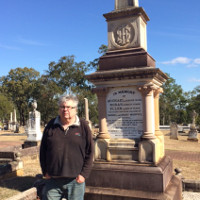
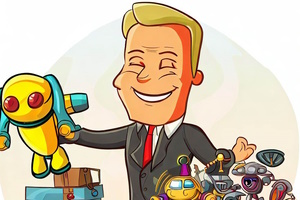





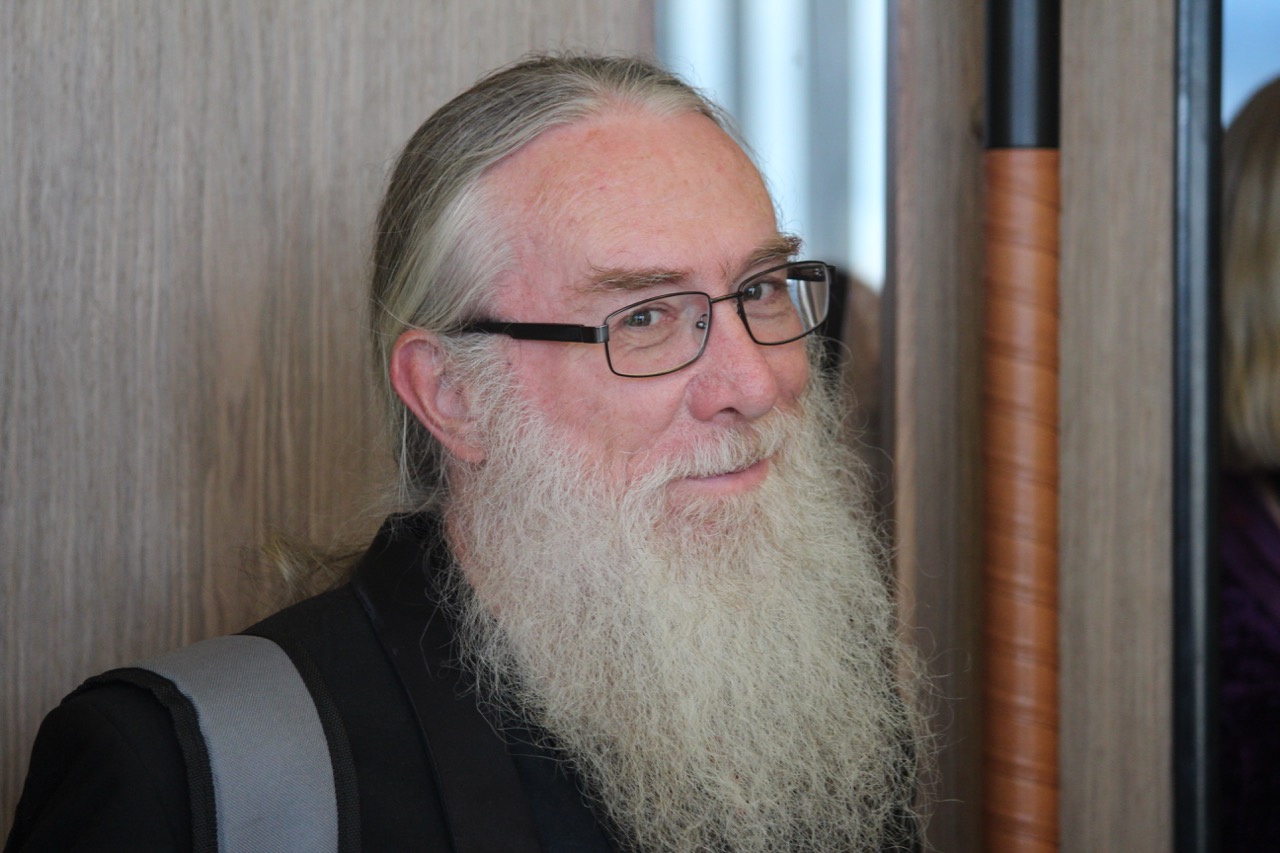





 Margaret lives the good life on a small piece of rural New South Wales Australia, with an amazing man, a couple of pets, and several rambunctious wombats.
Margaret lives the good life on a small piece of rural New South Wales Australia, with an amazing man, a couple of pets, and several rambunctious wombats. Alistair Lloyd is a Melbourne based writer and narrator who has been consuming good quality science fiction and fantasy most of his life.
Alistair Lloyd is a Melbourne based writer and narrator who has been consuming good quality science fiction and fantasy most of his life. Mark is an astrophysicist and space scientist who worked on the Cassini/Huygens mission to Saturn. Following this he worked in computer consultancy, engineering, and high energy research (with a stint at the JET Fusion Torus).
Mark is an astrophysicist and space scientist who worked on the Cassini/Huygens mission to Saturn. Following this he worked in computer consultancy, engineering, and high energy research (with a stint at the JET Fusion Torus).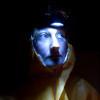
 My time at Nambucca Valley Community Radio began back in 2016 after moving into the area from Sydney.
My time at Nambucca Valley Community Radio began back in 2016 after moving into the area from Sydney. Sarah Pratt is an avid fiction writer and a Marketing Consultant.
Sarah Pratt is an avid fiction writer and a Marketing Consultant.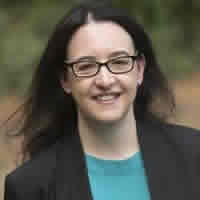
 Tim Borella is an Australian author, mainly of short speculative fiction published in anthologies, online and in podcasts.
Tim Borella is an Australian author, mainly of short speculative fiction published in anthologies, online and in podcasts. Geraldine Borella writes fiction for children, young adults and adults. Her work has been published by Deadset Press, IFWG Publishing, Wombat Books/Rhiza Edge, AHWA/Midnight Echo, Antipodean SF, Shacklebound Books, Black Ink Fiction, Paramour Ink Fiction, House of Loki and Raven & Drake
Geraldine Borella writes fiction for children, young adults and adults. Her work has been published by Deadset Press, IFWG Publishing, Wombat Books/Rhiza Edge, AHWA/Midnight Echo, Antipodean SF, Shacklebound Books, Black Ink Fiction, Paramour Ink Fiction, House of Loki and Raven & Drake Sarah Jane Justice is an Adelaide-based fiction writer, poet, musician and spoken word artist.
Sarah Jane Justice is an Adelaide-based fiction writer, poet, musician and spoken word artist. Ed lives with his wife plus a magical assortment of native animals in tropical North Queensland.
Ed lives with his wife plus a magical assortment of native animals in tropical North Queensland. Chuck McKenzie was born in 1970, and still spends much of his time there.
Chuck McKenzie was born in 1970, and still spends much of his time there. Merri Andrew writes poetry and short fiction, some of which has appeared in Cordite, Be:longing, Baby Teeth and Islet, among other places.
Merri Andrew writes poetry and short fiction, some of which has appeared in Cordite, Be:longing, Baby Teeth and Islet, among other places. Emma Louise Gill (she/her) is a British-Australian spec fic writer and consumer of vast amounts of coffee. Brought up on a diet of English lit, she rebelled and now spends her time writing explosive space opera and other fantastical things in
Emma Louise Gill (she/her) is a British-Australian spec fic writer and consumer of vast amounts of coffee. Brought up on a diet of English lit, she rebelled and now spends her time writing explosive space opera and other fantastical things in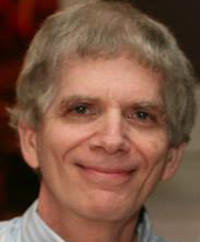 Barry Yedvobnick is a recently retired Biology Professor. He performed molecular biology and genetic research, and taught, at Emory University in Atlanta for 34 years. He is new to fiction writing, and enjoys taking real science a step or two beyond its known boundaries in his
Barry Yedvobnick is a recently retired Biology Professor. He performed molecular biology and genetic research, and taught, at Emory University in Atlanta for 34 years. He is new to fiction writing, and enjoys taking real science a step or two beyond its known boundaries in his